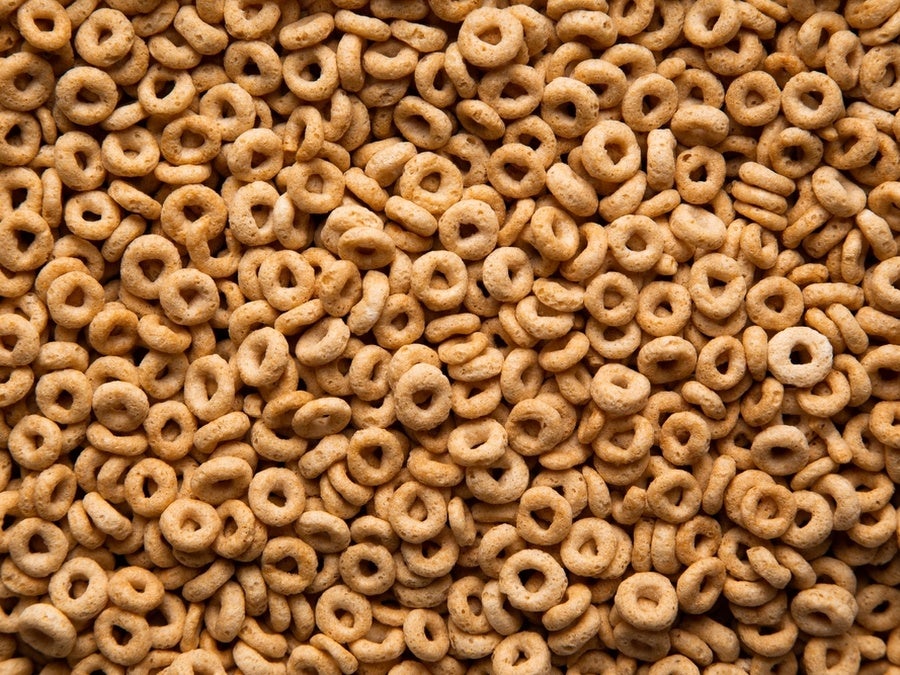
US food heavyweights General Mills, Kellogg and Post Holdings threatened “legal challenge” if proposed changes to which foods can be labelled “healthy” are finalised.
The companies said the changes, proposed by the US Food and Drug Administration (FDA), would exclude more than 95% of the “major ready-to-eat cereals” from being labelled as healthy.
They claimed ready-to-eat cereal is “an affordable, accessible, convenient, and popular nutrient-dense food that has a long history of helping consumers build healthy dietary patterns”.
It follows a proposal by the US government agency last September to update existing rules, which were set nearly 30 years ago.
The FDA recommended the “healthy” claim be reserved for “nutrient-dense foods” that contain a certain percentage of fruit, vegetables, grains, dairy or protein. It would limit cereals labelled as “healthy” to no more than 2.5 grams of sugar per serving, for example.
But, in a filing to the FDA earlier this month, the manufacturing giants said the proposals were “alarming” and could violate companies’ first amendment right (protecting freedom of speech).
General Mills, Kellogg and Post Holdings arm Post Consumer Brands wrote: “As research continues to demonstrate, cereal is one of the most affordable, nutrient-dense breakfast choices a person – adult or child – can make.
“Furthermore, ready-to-eat cereal is recognised for its value and nutritional benefits in federal feeding programs that reach more than 20m participants who are nutritionally at risk.”
They said the rule, if finalised in its present form, would violate the first amendment “by prohibiting truthful, non-misleading labeling claims in an unjustified manner”.
General Mills owns cereal brands including Lucky Charms and Cheerios, while Post owns Instant Oatmeal, Golden Crisp and Bran Flakes. Kellogg’s stable includes Crunchy Nut and Coco Pops.
It comes as pressure piles on food manufacturers around the globe to reduce sugar and improve the health credentials of their lines.
In Germany, a debate is raging around regulating advertising “junk” food within earshot of children. The government proposed adverts targeted at children for food and drinks containing “too much” sugar, salt or fat should be banned.
Last month a report showed UK manufacturers had fallen short on sugar-reduction targets set six years ago. Campaigners called for legal enforcement of the sugar content of food, especially categories aimed at children.
